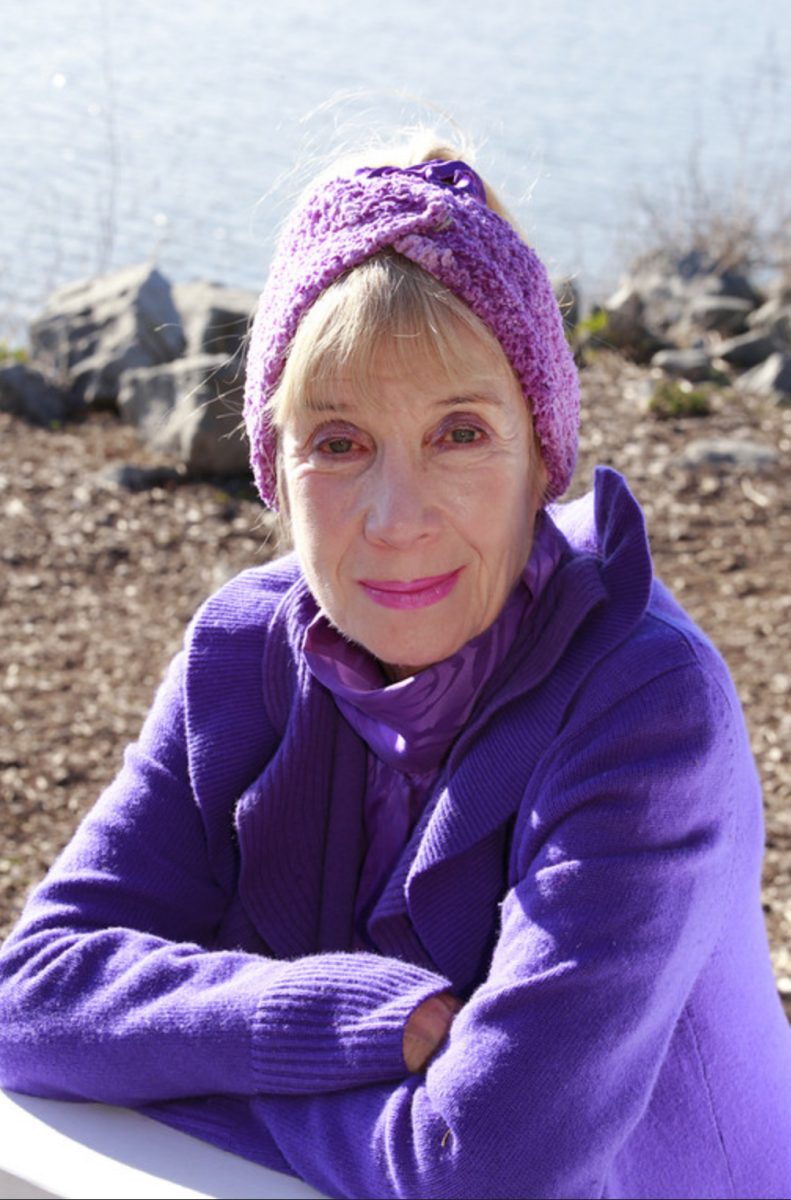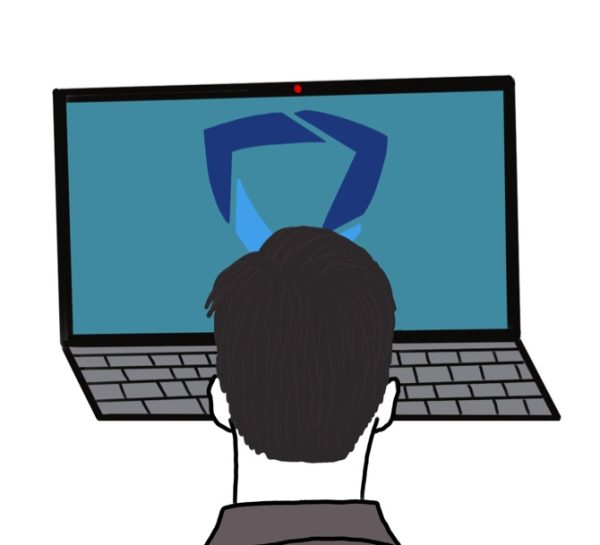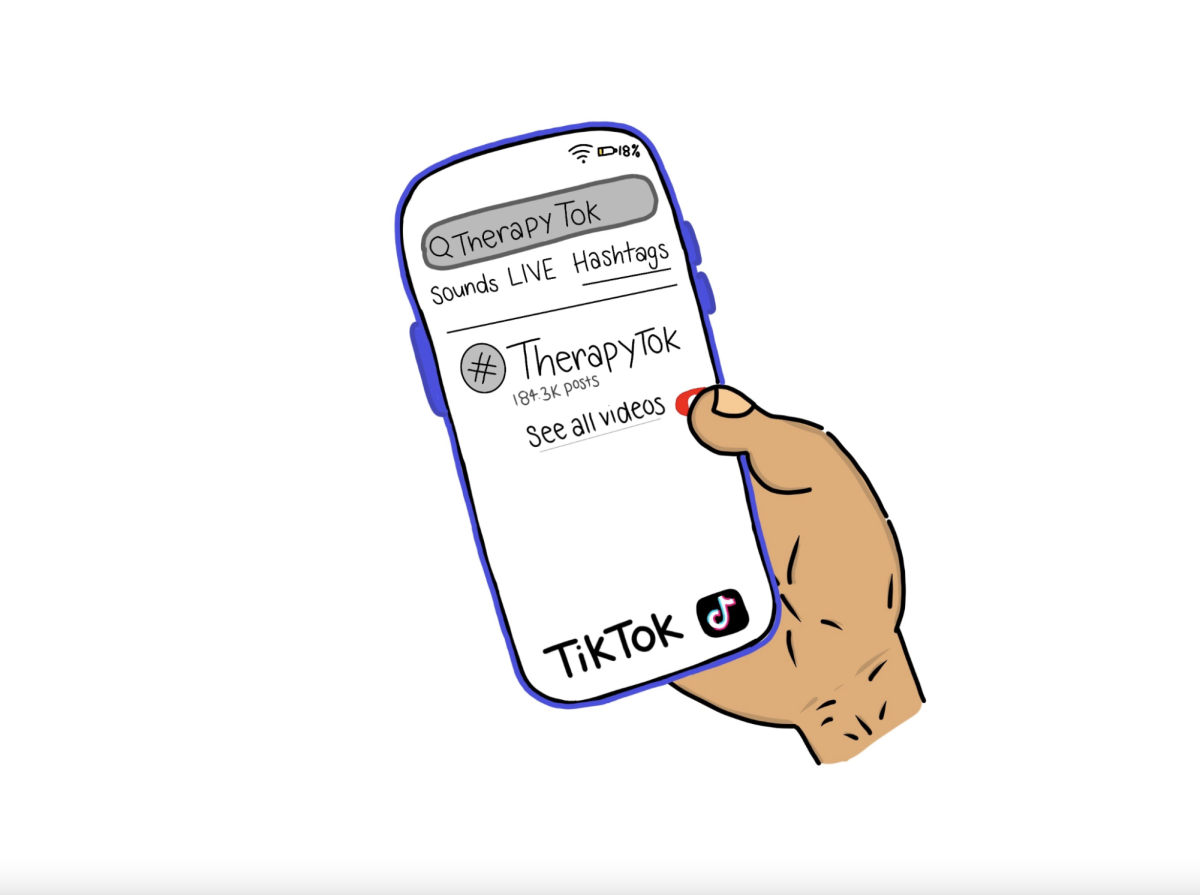
Wide awake, you roll over in bed and glance at the alarm clock next to you. It’s 2 a.m. Maybe you stayed up on your phone too late, scrolling through TikTok. Maybe you spent hours staring at a computer screen completing homework and the blue light got to you. Or maybe, for whatever reason, you just can’t fall asleep. Sound familiar?
Getting enough sleep was challenging for students long before the pandemic began. With new sources of stress and completely altered routines, there have been significant changes in the way students sleep.
Circadian rhythms regulate how and when people sleep through hormones, responses to external factors, such as light and metabolic processes. Teenagers’ circadian rhythms naturally cause them to fall asleep later than adults, a phenomenon called sleep phase delay. According to Tamalpais Union High School District (TUHSD) nurse Deborah Meshel, now that students’ classes start at 9:40 a.m. on Mondays and 8:30 a.m. the rest of the week, they can both go to sleep and wake up later. Since falling asleep later is easier for teenagers, some students are getting more sleep overall. In fact, a January 2021 Bark survey revealed that 44 percent of students reported getting more sleep since the pandemic began.
But the adverse effect of the pandemic on sleep, such as the destruction of daily routines that help establish consistent sleep patterns, may negate any school schedule benefits. An additional 36 percent of Redwood students say they are getting less sleep since the start of the pandemic. Junior Kaitlyn Hartka is among these students, and although she now gets seven to eight hours of sleep a night, she struggled when the pandemic first began to even get five.
“Everything was new, and we had to get used to being at home. I just got used to being on my screen, and I would continue that into the night,” Hartka said.

Redwood counselor Lynne Kennedy, MA, PPS, explains that before the pandemic, activities that required leaving the house created routines. The absence of the old structure of everyday life has kept students from having a more regular sleep schedule.
“All the structures that we were so used to went out the window when we started having to shelter in place. [When] we have to leave the house to do certain things, it creates structure, and that structure is gone,” Kennedy said.
According to Dr. Lauren Asarnow, a clinical sleep psychologist, researcher, and professor, a lack of a consistent sleep schedule is one of the most harmful things for sleep quality. Shifting wake-up times more than an hour each weekend can take a toll.
“It’s like flying from San Francisco to New York every weekend. That’s pretty hard on your body, both biologically and emotionally,” Asarnow said.
Unfortunately, many counselors have noticed an increase in the number of students staying up later and having inconsistent sleep schedules. Licensed Marriage and Family Therapist and Redwood Wellness and BACR counselor Diana Wilson believes that since teenagers are naturally inclined to go to bed later than adults, they are already at a disadvantage, and the pandemic only worsens the situation.
“Teens struggle with sleep patterns anyway [even] under the best of circumstances. Trying to get enough sleep at this age is really difficult based on your biology and the way that school schedules are set up. Factor in a pandemic, a dramatic change in your life, fear and anxiety around COVID-19 and it was a recipe for disaster in the sleep department,” Wilson said.
Many clinical psychologists, such as Asarnow, have noticed an increase in clients with sleep disorders. Express Scripts, a pharmacy benefit manager, reports that prescriptions for antidepressant, anti-anxiety and anti-insomnia medication increased by 21 percent between February and March of 2020, indicating a rise in sleep disorders.
“The pandemic makes you ripe for a lot of the things that cause sleep problems, like staying in bed all day. Where else do you have to go? Every kid that I talk to is doing online school in bed. And then you start to associate your bed and online school, so when you lay down in bed, you’re all stressed,” Asarnow said.

Another new major stressor amongst teenagers is isolation, which Asarnow says ruins social cues crucial for regulating the circadian cycle.
“[Teenagers are] in this period where [their] peers become like another family unit. It’s really stressful to not have access to that. And stress causes sleep problems,” Asarnow said.
As a result, teenagers are turning to social media more and more in order to adjust to the pandemic’s social distancing regulations while remaining connected to friends. Unfortunately, according to Asarnow, the blue light from screens tells our brain to stop producing melatonin, a hormone crucial to falling asleep.
“[When] your only access to your friends is on your phones, the more you’re using your phone at night, the more sleep problems it causes. It’s this vicious cycle that we’re going to have to figure out how to untangle,” Asarnow said.
The pandemic has also limited the amount of time people spend outside, which is harmful because natural sunlight is a crucial factor for regulating inner biological clocks. Essentially, much of peoples’ exposure to natural light is being replaced by exposure to blue light, disrupting students’ abilities to get proper sleep.
The pandemic’s effects on sleep could remain long-term. According to Asarnow, sleep disorders are often resilient, making them difficult to cure, even once their initial triggers are gone.
“Insomnia is one of those things where, once you get it, it’s sort of sticky. It sticks with you unless you really make some behavior changes to resolve it. I am worried that we’re going to see even more sleep problems moving out of this period [for teens],” Asarnow said.
While the future of in-person learning remains uncertain, there are things students can do in the meantime to help their sleep schedules. Asarnow recommends not doing homework in bed and waking up at the same time every day, including the weekends.
Students struggling with their sleep can also visit the Wellness Center website for access to virtual counseling services and strategies for how to improve their mental health. Wilson emphasizes the importance of addressing sleep problems, as they can impact countless aspects of everyday life.
“In the work [that] I’ve done with students, it’s really surprised me that it does sometimes come down to the basics: how are you sleeping and how are you eating,” Wilson said. “If those two basics are going well, then it affects everything else [positively], and when [they are] not going well, it affects everything else [in a negative way].”














